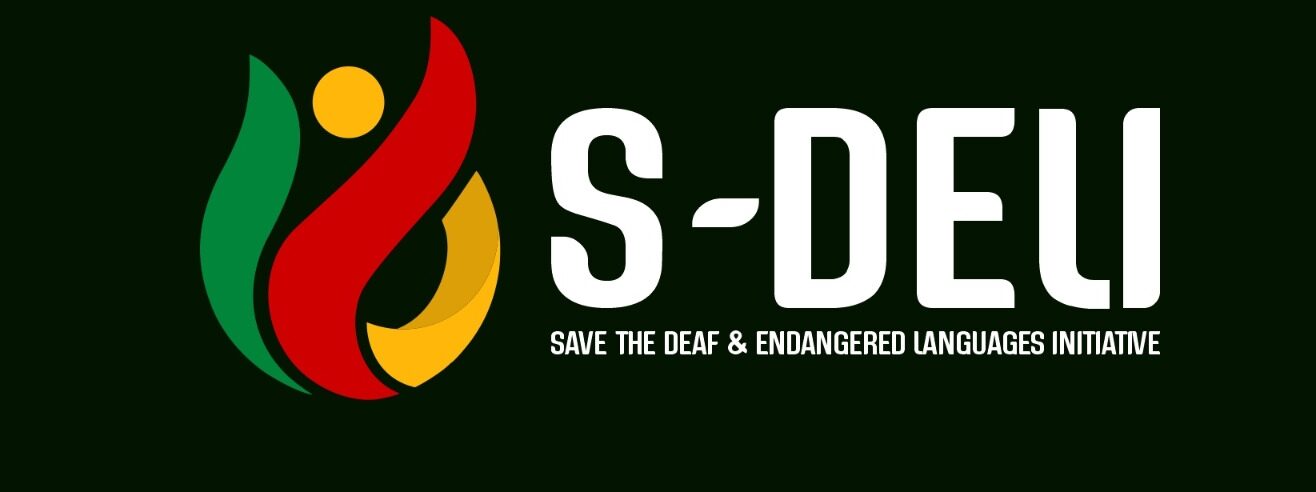As we enter September, it’s worth remembering that it is also Deaf Awareness Month during which the increasing public awareness of deaf culture and issues is celebrated, moreover, acceptance and inclusion are promoted.
Deaf Awareness Month began in 1958 as the “International Day of the Deaf” before it got extended to a full week, and later on, to a full month.
During September, the month-long celebration dedicated to sharing information about the unique legacy and languages of the deaf community, we are reminded of the numerous milestones this noble cause has reached in the past couple of years.
A great example would be that in 2022, SIL LEAD, a non-profit organization released a collection of twenty sign language books for deaf and hard of hearing children in Mali–the first ever digital sign language storybooks in Sign Language for Malian Schools (MsSL). These are now available on where they can be read, shared and adapted. The books cover a wide range of subjects, including animal stories, community living, health, science and personal development. Recognizing that literacy is vital for success in education, the release of the books is especially significant, considering that a great number of deaf children in Mali have struggled reading and understanding because of the lack of availability of books in sign language, and overall, there are about 93 million children who live with disabilities and are not able to access learning materials and books in their underrepresented spoken or sign languages.
A similar success story is the publication of first-ever children storybooks in Somali Sign Language, thanks to a group of innovators funded through the All Children Reading: Grand Challenge for Development (ACR GCD) Begin with Books prize.
Another huge milestone was reached in July 2023 when the South African President has officially signed the law recognising South African Sign Language as the 12th official national language.
According to the data provided by World Federation of the Deaf, currently, there are more than 70 million deaf people worldwide, but for many of these individuals – especially women – every day life is drenched in stigmatization, marginalization and discrimination.
According to the World Health Organization’s 2011 World Disability Report, about 15 percent of Nigeria’s population have a disability. Several of them face various human rights abuses including stigma and violence, as well as lack of proper health care and education. On January 23 2019, however, Nigeria’s President Muhammadu Buhari finally signed into law the Discrimination Against Persons with Disabilities (Prohibition) Act, 2018 that prohibits discrimination on the basis of disability.
Through its Indigenous Sign Language Project and Beauty Beyond Speech project, and S-DELI are tirelessly working on documenting and preserving indigenous signed and spoken languages, promoting linguistic diversity as well as highlighting the discrimination and harassment women and school children with speech and hearing impairment face on a daily basis.
With the International Week of Deaf People (19-25th September) and International Day of Sign Languages (23rd September) around the corner, stay tuned to find out how IHAV uses this opportunity to support and protect the linguistic identity and cultural diversity of all deaf people and other sign language users!
